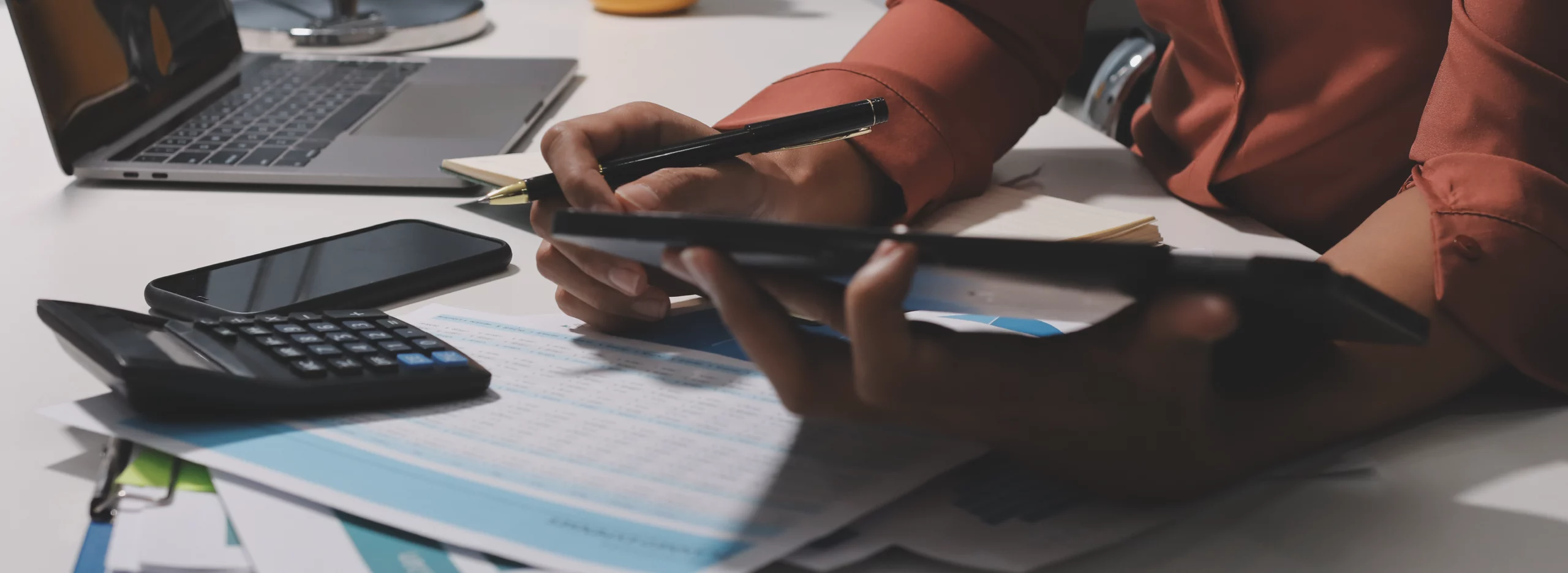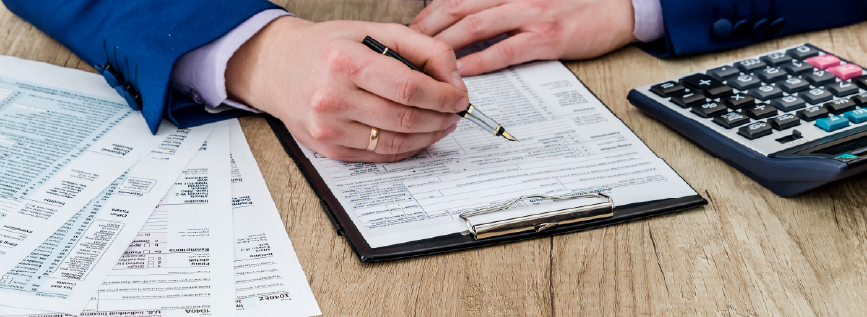
- April 13, 2025
The Federal Tax Authority (FTA) has issued a Public Clarification (VATP042) to clarify the VAT treatment of barter transactions. In this clarification, the FTA outlines the tax applicability of non-monetary transactions and provide detailed guidance on methods to determine the market value of the goods or services involved in the barter.
What are Barter Transactions?
Transactions which involve the exchange of goods and/or services are known as barter transactions.
VAT Treatment of Barter Transactions
Barter transactions are treated similarly to supplies made for monetary consideration for VAT purposes, with a few key differences compared to non-barter transaction:
- A barter transaction involves at least two supplies, with each party making a supply to the other.
- Special valuation rules apply to barter transactions.
VAT Treatment of Supplies in Barter Transactions
Each party must evaluate the VAT treatment of the goods or services they are providing. A supply in a barter transaction can be:
- Taxable at 5%: Subject to VAT at the standard rate.
- Zero-rated: Subject to VAT at 0% if specific requirements are met.
- Exempt: Not subject to VAT if specific requirements are met.
- Out of Scope: If the place of supply is outside the UAE.
Valuation of Supply
- Generally, the value of the supply is the consideration less the tax amount.
- The value of supply within a barter transaction is the market value of the non-monetary consideration received by a supplier excluding the tax amount
Where a supplier receives both monetary and non-monetary consideration
To the extent the consideration is non-monetary, the transaction constitutes a barter transaction, and the value of the supply is the sum of
– Any monetary consideration received.
– The market value of the non-monetary consideration, excluding tax.
Determining Market Value of Non-Monetary Consideration
To the extent the consideration is non-monetary, the transaction constitutes a barter transaction, and the value of the supply is the sum of
- Any monetary consideration received.
- The market value of the non-monetary consideration, excluding tax.
Determining Market Value
To determine the market value of non-monetary consideration, the following principles apply:
- Similar supply in the UAE:
The market value of a supply of goods or services is the amount of monetary consideration it would typically fetch if supplied under similar circumstances in the UAE, between unrelated parties dealing freely and independently.
Example: A graphic designer provides logo design services valued at AED 2,000 (inclusive of VAT) to a software developer in exchange for AED 1,000 in cash and a software license worth AED 1,000. Both parties are required to account for VAT as follows:
- The graphic designer accounts for VAT of AED 95.24 (calculated as AED 2,000 × 5/105).
- The software developer accounts for VAT of AED 47.62 (calculated as AED 1,000 × 5/105).
- Alternative approach:
If the market value can’t be determined using principle 1, it’s considered to be the monetary consideration a similar supply would fetch in similar circumstances in the UAE, between unrelated parties dealing freely and independently.
Example:
An artist exchanges a painting with a photographer for photographic services. Although the specific painting isn’t sold in the market, similar artworks are sold to unrelated buyers in the UAE for AED 20,000 then the market value of the supply will be considered AED 20,000 for VAT purposes.
- Replacement cost:
If principles 1 and 2 don’t apply, the market value is the replacement cost of identical goods or services offered by an unrelated supplier.
Example:
A company exchanges goods for custom-made machinery. Since similar machinery is not sold in the market, the market value is determined by the cost of an unrelated supplier to build identical machinery, say AED 80,000. This becomes the market value.
Both parties to a barter transaction must apply these valuation rules to the supplies they make.
Tax Invoices
Registrants making taxable supplies, including those under barter agreements, must issue a tax invoice to the recipient. In a barter transaction where both parties are registrants and make taxable supplies, each party is required to issue a tax invoice to the other.
Example:
A VAT-registered web development firm and an advertising agency have entered into a barter agreement involving the exchange of services. Under this agreement, the web development firm will provide website design services valued at AED 30,000 (inclusive of VAT), while the advertising agency will offer social media advertising services valued at AED 20,000 (inclusive of VAT) and will pay AED 10,000 in cash.
Tax Invoice Requirements:
- Web Development Firm’s Tax Invoice
- Value of supply (Net Amount): AED 28,571.43
- VAT (5%): AED 1,428.57
- Total Consideration (Gross Amount): AED 30,000
- Advertising Agency’s Tax Invoice
- Value of supply (Net Amount): AED 19,047.62
- VAT (5%): AED 952.38
- Total Consideration (Gross Amount): AED 20,000
The Public Clarification offers essential guidance on the application of VAT for barter transactions. It clarifies how to determine the value of supplies in such cases and simplifies VAT obligations for non-monetary exchanges, ensuring compliance with tax regulations.






